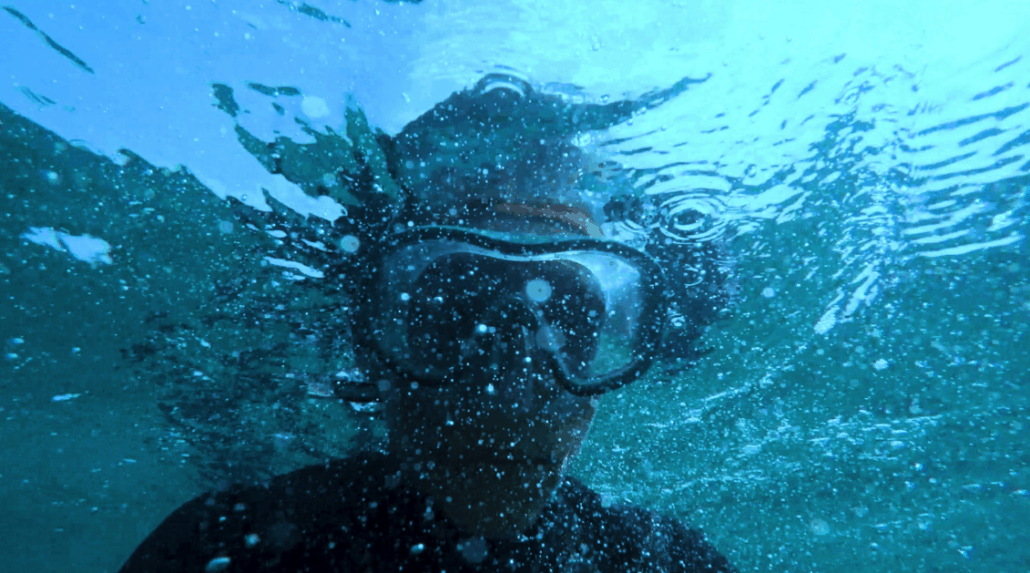All About Technical Diving: A brief guide for beginners
If you are an experienced diver then you can understand the feeling of accomplishment that descending to a 100-foot/30 meter depth can bring. Put simply – it’s a rush. However, there those of us who desire to test ourselves even further and explore more challenging depths. This kind of diving is referred to as technical or “tech diving” and is defined as diving that exceeds agency-specified limits of recreational diving for non-professional purposes. In other words, tech diving goes far beyond the limits of recreational diving and is thus more challenging and dangerous.
Special Equipment Requirements
Since a technical diver seeks to descend to depths that do not allow him/her to quickly ascend to the surface, specialized equipment is needed. In most cases technical divers require:
· Nitrox to reduce decompression time
· Special gas mixes to reduce phenomenon such as nitrogen narcosis and oxygen toxicity
· Specialized gear such as weight systems, dive computers and submersible pressure gauges, etc.
· Specialized training from PADI certified instructors
The Difference Between Recreational and Technical Diving
As you can imagine the difference between recreational diving and technical diving is profound. Technical divers can choose dive sites that would be off limit to recreational divers. Moreover, technical diving requires instruction that goes beyond that given to recreational divers. And, as you can see from above, technical divers use specialized equipment and techniques to handle deep dives.
The Risk Associated with Technical Diving
Naturally, not being to ascend as quickly as you would be able to at shallower depths can present some problems and dangers to health and safety. The first danger that technical divers face is decompression sickness. This happens when the body cannot efficiently expel nitrogen gas thru respiration. One way to combat this danger is to avoid overexertion at greater depths. Some other risks of technical diving include oxygen toxicity and nitrogen narcosis. The symptoms of oxygen toxicity include vertigo, nausea and confusion. Nitrogen narcosis – also known as raptures of the deep – is an altered state of consciousness caused by the anesthetic effect of certain gases at high pressure.
The Importance of Training
Whether you are recreational or technical diver, proper training is required to ensure a safe and productive dive. Our scuba diving lessons in Maui are administered by PADI certified instructors who can make sure that you do not get in over your head – so to speak. They make scuba diving in Maui safe and fun for those who want to test their limits as well as for those who wish to exceed them.


